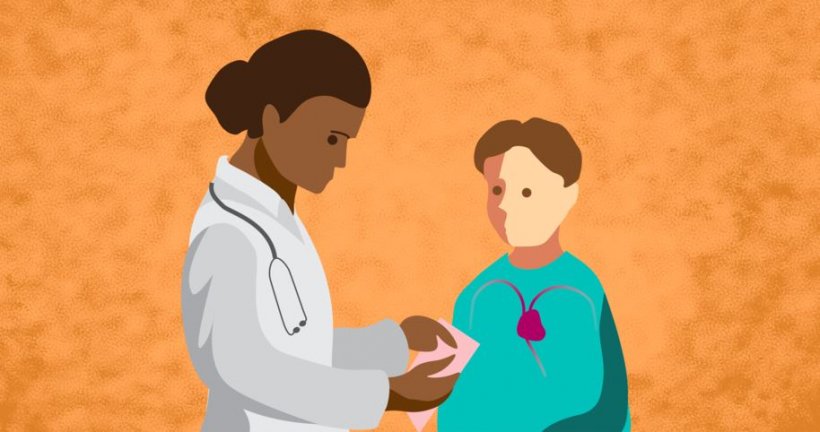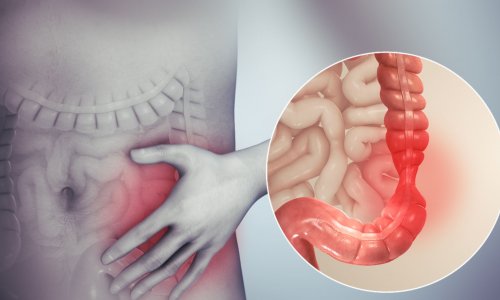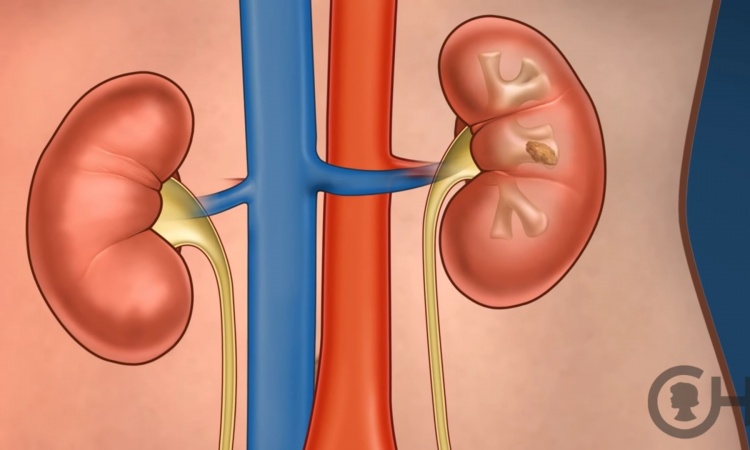
Image source: Aalto University; Matti Ahlgren
News • Medication issues
Finding better ways to determine safe drug doses for children
Determining safe yet effective drug dosages for children is an ongoing challenge for pharmaceutical companies and medical doctors alike.
A new drug is usually first tested on adults, and results from these trials are used to select doses for pediatric trials. The underlying assumption is typically that children are like adults, just smaller, which often holds true, but may also overlook differences that arise from the fact that children’s organs are still developing. Compounding the problem, pediatric trials don’t always shed light on other differences that can affect recommendations for drug doses. There are many factors that limit children’s participation in drug trials – for instance, some diseases simply are rarer in children – and consequently, the generated datasets tend to be very sparse.
To make drugs and their development safer for children, researchers at Aalto University and the pharmaceutical company Novartis have developed a method that makes better use of available data. ‘This is a method that could help determine safe drug doses more quickly and with less observations than before,’ says co-author Aki Vehtari, an associate professor of computer science at Aalto University and the Finnish Center for Artificial Intelligence FCAI.
In drug modeling, if we assume that size is the only thing that matters, we might end up giving too large of doses
Eero Siivola
In their study, the research team created a model that improves our understanding of how organs develop. ‘The size of an organ is not necessarily the only thing that affects its performance. Kids’ organs are simply not as efficient as those of adults. In drug modeling, if we assume that size is the only thing that matters, we might end up giving too large of doses,’ explains Eero Siivola, first author of the study and doctoral student at Aalto University.
Whereas the standard approach of assessing pediatric data relies on subjective evaluations of model diagnostics, the new approach, based on Gaussian process regression, is more data-driven and consequently less prone to bias. It is also better at handling small sample sizes as uncertainties are accounted for. The research comes out of FCAI’s research programme on Agile probabilistic AI, offering a great example of a method that makes the best out of even very scarce datasets.
In the study, the researchers demonstrate their approach by re-analyzing a pediatric trial investigating Everolimus, a drug used to prevent the rejection of organ transplants. But the possible benefits of their method are far reaching. ‘It works for any drug whose concentration we want to examine,’ Vehtari says, like allergy and pain medication.
The approach could be particularly useful for situations where a new drug is tested on a completely new group -- of children or adults -- which is small in size, potentially making the trial phase much more efficient than it currently is. Another promising application relates to extending use of an existing drug to other symptoms or diseases; the method could support this process more effectively than current practices.
The paper will be published on May 10 in the journal Statistics in Medicine, already available online.
Source: Aalto University
06.05.2021





